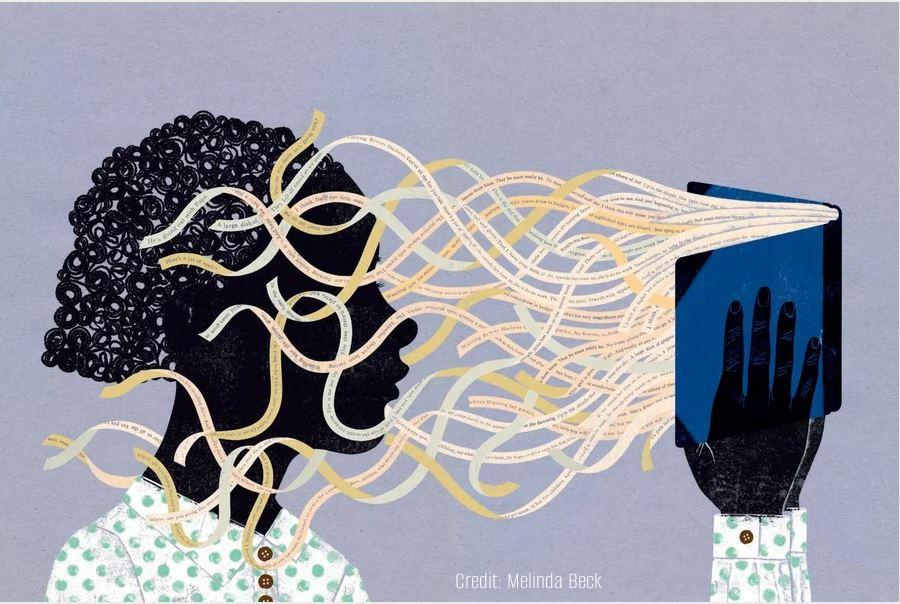|
Too Many Schools Are Misdiagnosing Dyslexia
Changing how dyslexia is diagnosed could help many more children learn to read
By Sarah Carr
for Scientific American

It pains Tim Odegard that four decades after a misguided approach to diagnosing dyslexia kept him from getting help in school, thousands of children across the U.S. are needlessly suffering for the same reason.
Up to around 20 percent of the U.S. population has dyslexia, a neurological condition that makes it difficult to decipher and spell written words. Someone with the disability might omit short words such as “and” and “the” while reading aloud, for example, or read “dog” as “god”—even if they speak normally in conversation.
The condition impedes a person's ability to process written information and can negatively impact their career and well-being. Yet only a fraction of affected students get a dyslexia diagnosis or the specialized assistance that can help them manage their difficulty reading.
One reason so many diagnoses are missed is that thousands of schools in the U.S. continue to use an iteration of the discrepancy model to test children for learning disabilities. Moreover, for a multitude of reasons, including biases in IQ tests, a disproportionate number of those diagnosed—and helped—have been white and middle- to upper-class.
“It's unfair, it's discriminatory, and it disadvantages already economically disadvantaged kids,” says Jack Fletcher, co-founder of the Texas Center for Learning Disabilities in Houston and one of the first scientists to question the discrepancy model's validity.
Click here to read the full article.
|